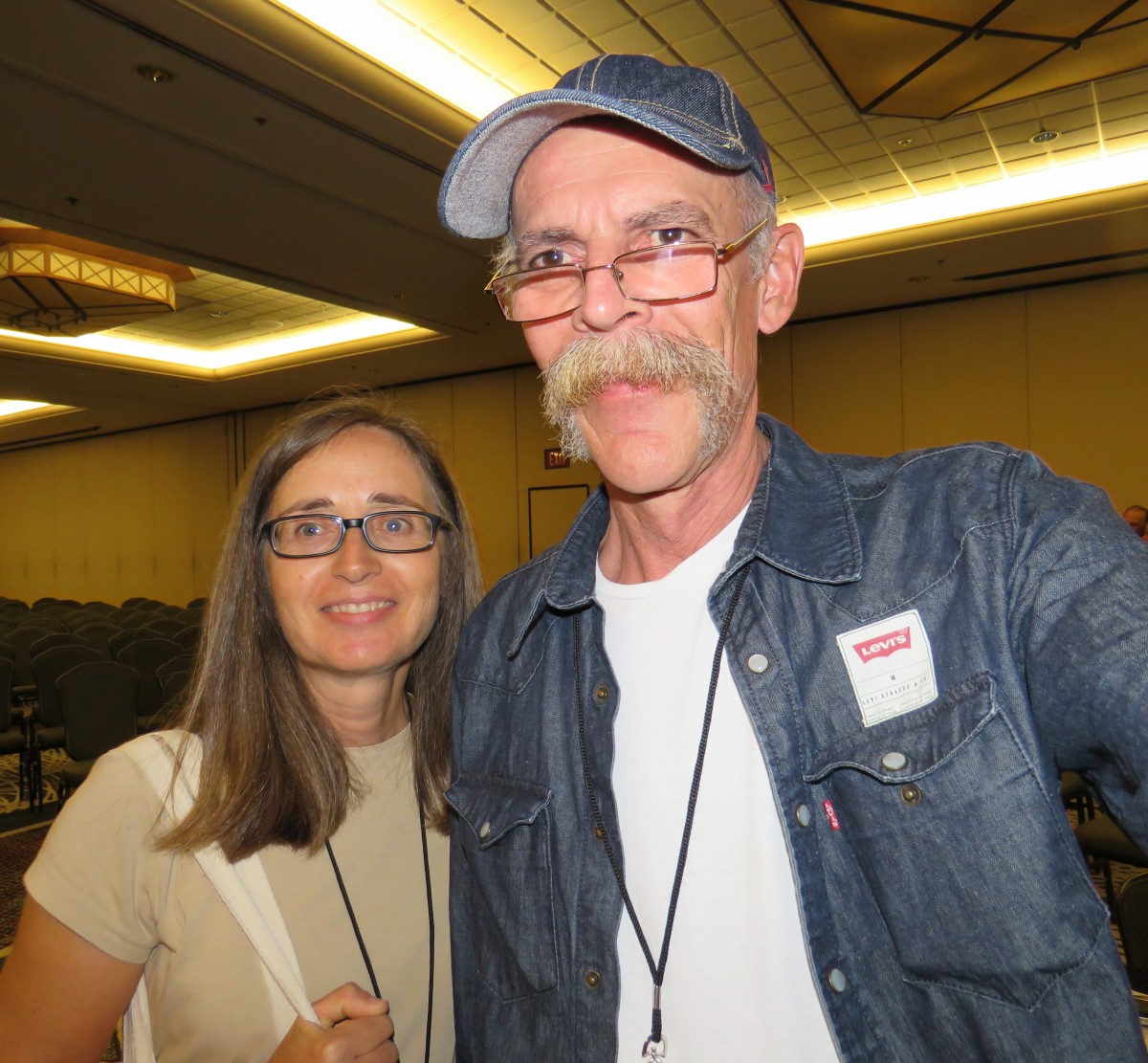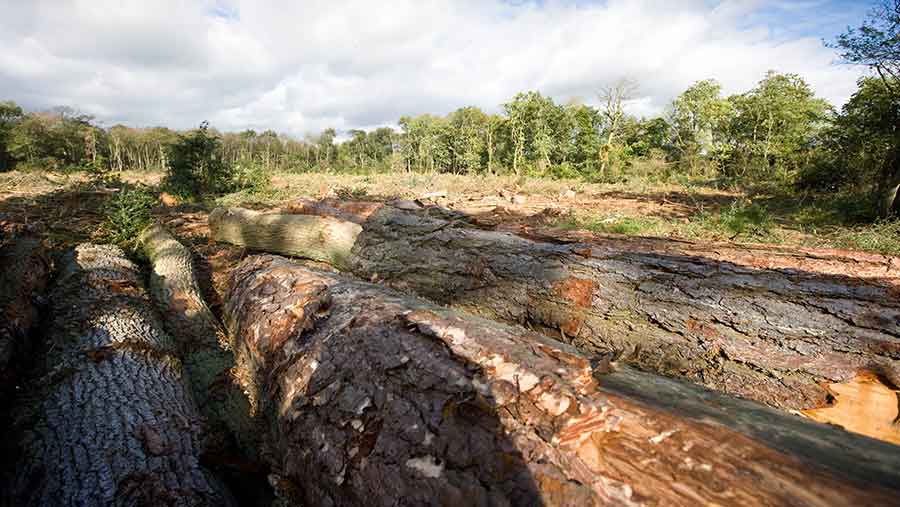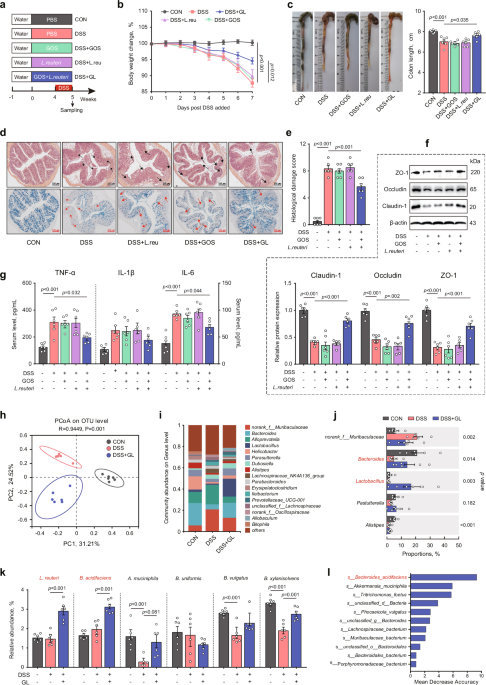
- Select a language for the TTS:
- UK English Female
- UK English Male
- US English Female
- US English Male
- Australian Female
- Australian Male
- Language selected: (auto detect) - EN
Play all audios:
Lire en français In July 2024, delegates at the International Botanical Congress in Madrid voted to replace the word _caffra_ and its derivatives in more than 200 plants, fungi and algae
species. Many African plant names included the word _caffra_ – derived from an Arabic word meaning infidel that was used to identify the southern African region and its indigenous
inhabitants. Although the word may not originally have been intended to offend, it has since been used in racial slurs in English, Afrikaans, Spanish and Portuguese. The vote was the
culmination of a campaign by Estrela Figueiredo and Gideon Smith from Nelson Mandela University in South Africa, which they began in 2001 with the publication of a proposal1 to replace the
word with variations of _afra_ to represent their African origins. _Nature Africa_ asked them about their role in the historic decision. WHAT CHALLENGES DID YOU FACE DURING THE PROCESS?
ESTRELA FIGUEIREDO (EF): There are always voices against change. These meetings typically have a nomenclature section where attendees can propose new plant species names or changes to
existing plant species names or naming rules. Our proposal was published in 2021, so there was a long period during which we had to deal with opposing views and, often, considerable
antagonism. There were fears from some scientists that the change would throw the whole naming system into chaos. This was time-consuming and at times very discouraging. GIDEON SMITH (GS):
There was also the fear that once you change one name, you might have to change everything. We dealt with this by focusing on a single racial slur and proposing a simple solution: dropping
the 'c’ and replacing it with ‘a’ to make it afra. 3. WHAT IS THE IMPACT OF THIS CHANGE? EF: A racial slur no longer needs to be used when one wants to talk about certain plants. At a
higher level, this change may show that there is a will to eliminate sources of conflict in the societies in which we operate and, above all, that peaceful changes to the establishment are
possible. GS: In the past students would say, “Why are you teaching us a name that has an inherent insult in it?” We don't have to do that anymore. We can proudly stand up and talk
about _Acacia affra_, the African acacia, or _Erythrina affra_, the coral tree. 4. HOW DO YOU SEE THIS CHANGE INFLUENCING THE FUTURE OF SCIENTIFIC NAMING CONVENTIONS? EF: We think that
fellow scientists will be more sensitive to the epithets they choose when they publish new plant names. Changes in the codes that rule scientific names are possible, so we hope this
particular change in the botanical code will have repercussions in others. GS: Others, like the zoologists, need to grapple with this. And I think they have an opportunity to similarly take
decisions that can benefit their communities. Names that could be reviewed include the Cape buffalo, _Syncerus caffer caffer_ or the brown beetle, _Anophthalmus hitleri_, but there are
currently no plans2 to make these changes. EF: The most rewarding moment was undoubtedly the announcement of the outcome of the vote. We needed at least 60% support so we were overjoyed when
the vote came in at 63%. GS: On Saturday night, 27th of July, the slur was finished, gone, never again. And that was the beauty of this proposal. 6. WHAT ARE YOUR NEXT STEPS? EF: After the
vote, a special-purpose committee was formed to deliberate on ethics and nomenclature over the next few years. So there is now a mechanism through which similar matters of concern can be
discussed. While it is a step forward, the committee will only look at plants, fungi and algae named after 2026. 7. WHAT ADVICE WOULD YOU GIVE TO OTHER SCIENTISTS WHO WANT TO ADVOCATE FOR
CHANGES IN THEIR FIELDS? GS: For those in botany, understanding the specific code and mechanisms for name changes is crucial. For those in zoology or anthropology, similar processes exist.
The world is watching to see how other fields will handle these changes. Anyone can get involved in the discussions and the special purpose committee set to become operational later this
year. It's not a secretive process, but it requires understanding the mechanisms for name amendments, and a small group of experts under the leadership of Harvard’s Senior Nomenclatural
Registrar, Kanchi Gandhi, work to ensure that the rules are followed when it comes to naming new plants. It is a complex and vital process. We managed to establish a very simple,
straightforward mechanism with no slippery slope and with exceedingly little disruption. That is why it worked.








:max_bytes(150000):strip_icc():focal(492x262:494x264)/Andrew-Garfield-presenting-at-the-golden-globes-010525-bb8e0128cda84941bb2557083775c3e8.jpg)
